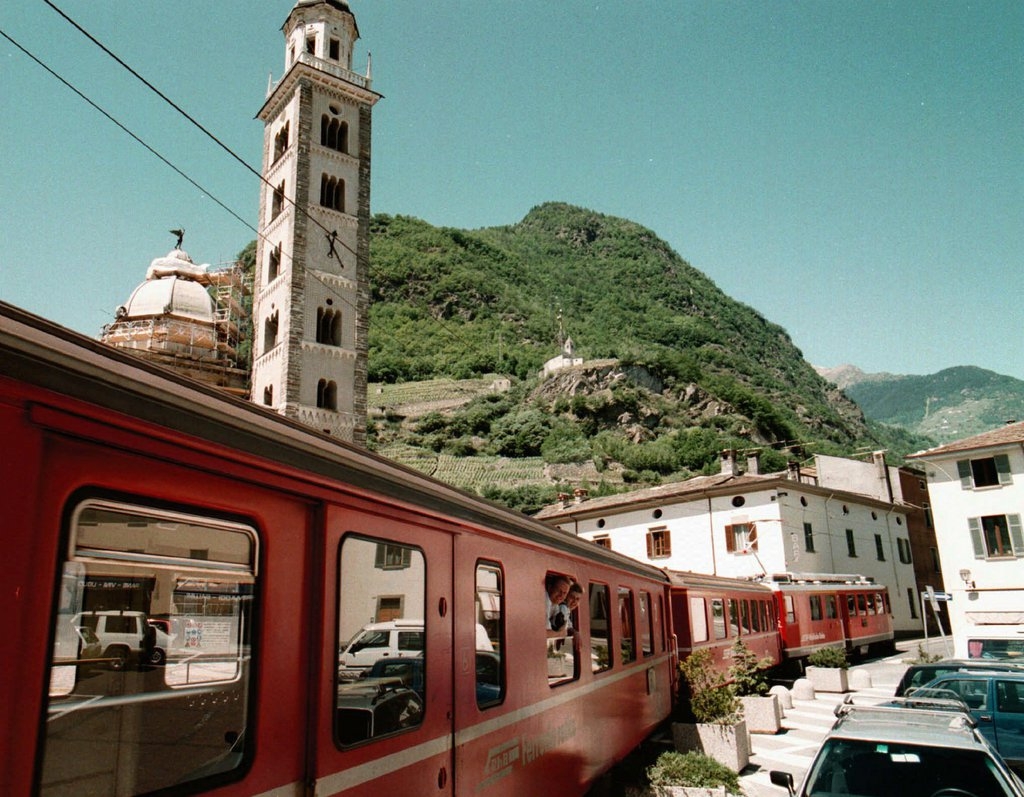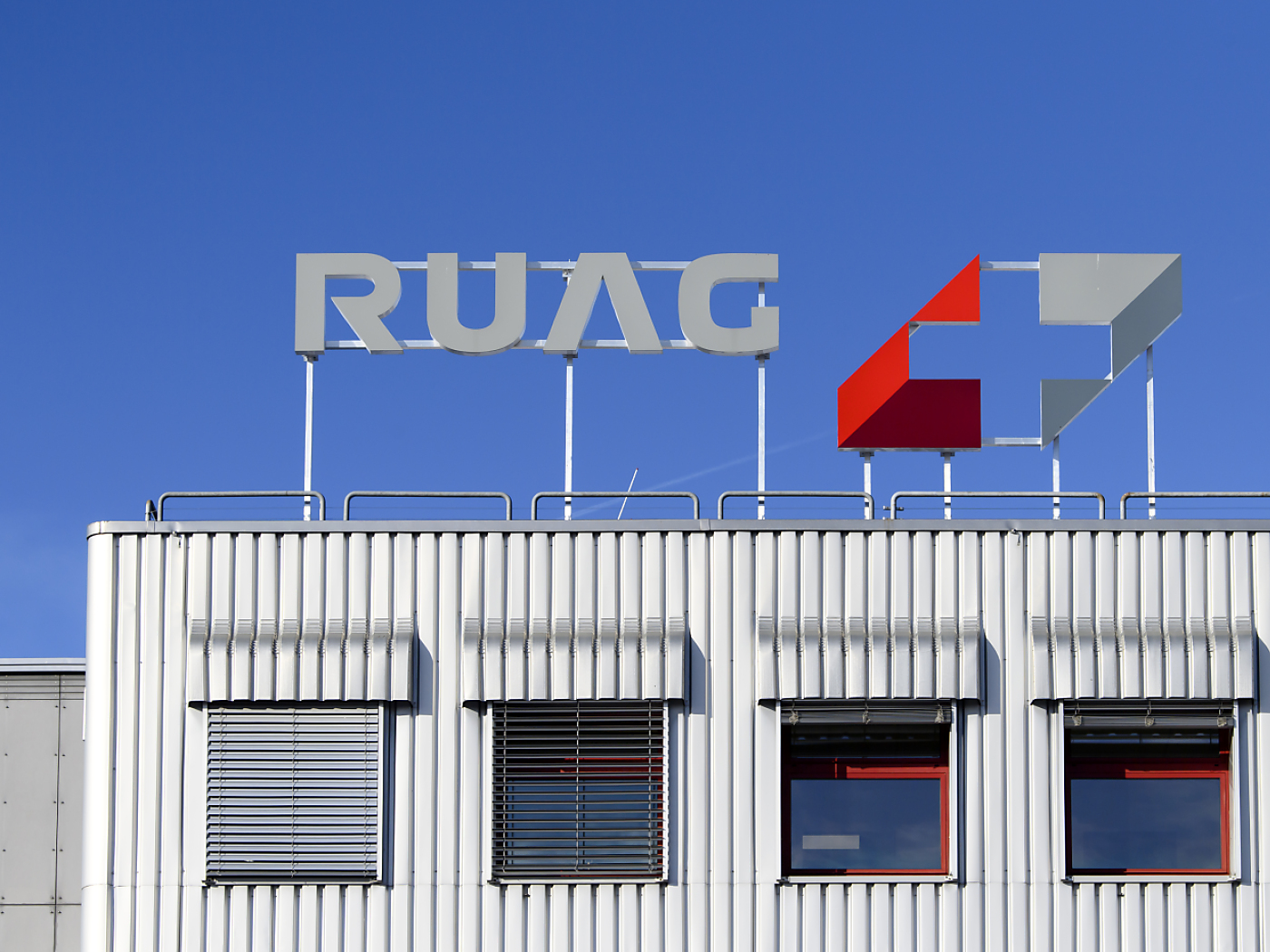Valtellina: lost piece of the Swiss puzzle

This summer marks the 500th anniversary of the conquest of an alpine valley that – if it hadn’t been for Napoleon – would have made the Switzerland of today a bigger and “more beautiful” country.
In June 1512, the forces of Graubünden, now a Swiss canton but then an independent republic, marched into the Valtellina, its southern neighbour. For nearly three centuries thereafter, Graubünden ruled the Valtellina as a subject territory.
Yet the locals were never really happy being ruled by self-interested and often corrupt officials from Chur. In 1797, when Napoleon conquered Switzerland and the northern regions of modern Italy, he gave the Valtellinesi the option to join the new “Cisalpine” (Italian) Republic. They went with their Italian neighbours. The Valtellina has basically been Italian ever since.
The 500th anniversary of the conquest was marked recently by a conference of historians in Tirano, now on the Italian side of the border, and Poschiavo, on the Swiss side.
Valtellina’s Guglielmo Scaramellini, a professor at Milan University was pleased by recent discoveries of documents in Italian and Swiss archives which “will be useful for shedding light on the events of 1512 and the years that followed.”
“We want to shed more light on the initial phase of the Graubünden regime,” agreed Florian Hitz, a Swiss historian. “That time has been completely overshadowed by the period of crisis and warfare that followed in the 17th century. Looking back, people have portrayed the relationship between the Graubünden overlords and their Valtellina subjects far too pessimistically, at least as regards the early decades.”
He sees the historians as having to change people’s awareness. “The rule of Graubünden in the Valtellina is still weighed down with prejudices in the public mind. It was not as bad as it is made out to be.”
Yet the people of the Valtellina ended the connection with Graubünden as soon as they got the chance. Would it have been a good thing for us – or for them – if they had stayed? “Probably a Swiss Valtellina would not have stayed with Graubünden for long, but would have formed a canton of its own”, thinks Hitz. “That would not have done any harm to Graubünden, and been only a plus for Switzerland. The country would just have been bigger and more beautiful.”
Scaramellini archly suggests another scenario: if the Three Leagues (as the Graubünden federal state was called) had persuaded the Valtellina to stay with them as an equal “fourth league”, Graubünden would probably not have joined the Swiss Confederation, “so that still today there would be a Republic of the Four Leagues, independent and sovereign. Another miniature Switzerland – but competing with the original!”
Irredentism on both sides
The language balance in a greater Graubünden and/or Switzerland would have been different, though. “Graubünden with Valtellina as a part of it would have become a canton dominated by Italian,” thinks Hitz. “One cannot be sure if a Switzerland weighted to the southeast, with Valtellina, would have been able to withstand Italian irredentism [to return the lands].”
Irredentism has been a factor on both sides of the border. When Valtellina’s leaders voted to leave Graubünden under Napoleon, Graubünden’s people were the losers. They had some of their best vineyards in the Valtellina. Many who owned property there had it confiscated.
Graubünden has never had a serious chance of getting the lost valley back, although there is a lingering tendency to regard the Valtellina as Switzerland “irredenta”. People in Graubünden have long talked of reconquering the Valtellina “drop by drop” (meaning wine, not blood) or “bottle by bottle”. And at times Italians have dreamed of annexing Italian parts of Switzerland.
Secession or Anschluss
Fast forward to 2012. A chance remark by Swiss defence minister Ueli Maurer that Switzerland could absorb Lombardy has got people in the Italian region interested in joining Switzerland – or annexing it.
A petition has been in circulation advocating that Lombardy and Switzerland become a new country. Politicians of the Lega del Nord, which (at times) espouses secession from Italy, soon picked up the idea of a Swiss merger. “We could declare war on them” mused party leader Umberto Bossi before a crowd of supporters, “and then promptly surrender.” Some Valtellina people too, given the troubles of the Italian economy, wish they were back with Switzerland.
“The Graubünden irredenta is really just a harmless joke,” says Hitz. “The idea of the Valtellina people leaving Italy is not so harmless, considering that it is a rather bitter joke directed at Rome. But the people of Valtellina who – half-jokingly – dream of joining Switzerland are really not thinking of rejoining Graubünden but of something along the lines of a canton of their own, like Ticino. Ticino was originally conquered territory too, so that would fit.”
“I don’t think there is any real irredentism left now,” Scaramellini says, “but just the thought about how things might have been ‘if only….’ Maybe there are a few regrets, on both sides, but I think that there is a kind of realism which prevents anyone from thinking seriously about rearranging the borders.”
It is perhaps noteworthy that there has been no official pomp and circumstance to mark 500 years of conquest. Given the remarkably low profile maintained by governments in this celebration, is the whole thing still too touchy a subject?
Hitz points out that local politicians at least made a point of turning out for the conference. Massimo Sertori, the Lega Nord president of the province of Sondrio, opened the day in Tirano, and Martin Jäger, the education minister of Graubünden, was there to welcome the delegates in Poschiavo.
Scaramellini is happy that there was at least “minimal recognition” of the occasion. “The higher authorities were missing altogether,” he concedes, “but that is only to be expected, given the present time of economic and institutional crisis – especially in Italy.”
The Valtellina (called Veltlin in German) is a valley in the Italian province of Sondrio, in the region of Lombardy. The capital is Sondrio, and other important towns are Chiavenna, Bormio, Morbegno, and Tirano. The valley is still famous for its fine wines.
It was a subject territory of the then independent state of Graubünden from 1512 to 1797, when it was “liberated” by Napoleon and incorporated into his “Cisalpine Republic”, eventually remaining with Italy.
Switzerland’s Italian canton, Ticino, was also a subject territory at that period. It was conquered by the then Swiss confederation, the process being completed by 1516. Under Napoleon, it became part of his “Helvetic Republic” and finally a Swiss canton.
Following the reunification of Italy, patriotic Italians were keen to get back pieces of what they considered part of Italy, mostly from Austria (South Tyrol, Trieste), but also from Switzerland.
Ticino, which became a canton, and the Italian-speaking areas of southern Graubünden were often regarded as “terre irredente” (unredeemed territory). Italians coveted Graubünden also because they claimed that the Romansh spoken there was really a dialect of Italian.
Peider Lansel, the Romansh poet, wrote a famous pamphlet called “Ni Italians, ni Tudais-chs, Rumantschs vulains restar!” (“Neither Italians nor Germans – we want to stay Romansh!”)
Militant Italian irredentism, especially under Fascism, was one of the main considerations that led to Switzerland finally recognising Romansh as a fourth national language in 1938.
Led by fiery populist Umberto Bossi, the regional party Lega del Nord has successfully stoked the fires of hostility to Italy’s central government in Rome (denounced as “Roma ladrona”, or “thieving Rome”) by holding up the dream of Lombardy becoming an independent “Republic of the Po”.
Swiss federal minister Ueli Maurer unintentionally gave the secessionists a new idea when he ironically remarked to an Italian reporter on March 17 last that Switzerland would have no trouble incorporating Lombardy, since the region already accounted for 90% of Swiss-Italian trade. Soon an online petition began to circulate in Lombardy proposing a referendum on the region leaving Italy and merging with Switzerland. It has been half-jokingly endorsed by Bossi and other Lega Nord politicians.

In compliance with the JTI standards
More: SWI swissinfo.ch certified by the Journalism Trust Initiative










You can find an overview of ongoing debates with our journalists here . Please join us!
If you want to start a conversation about a topic raised in this article or want to report factual errors, email us at english@swissinfo.ch.